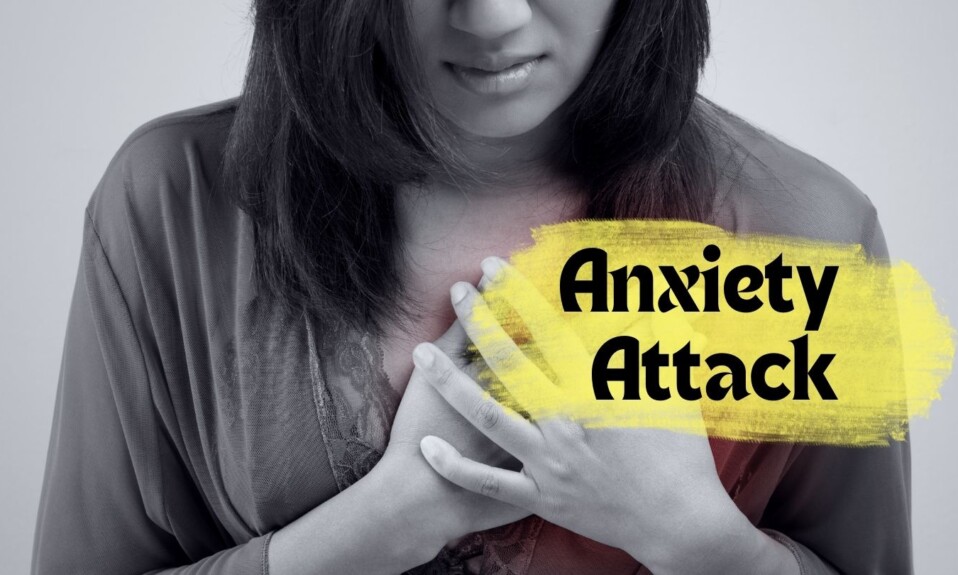
Stress has over the time become a common term and today’s hectic lifestyle has made everyone stress’ prey. Today, children and parents alike, suffer from stressful situations, which if not managed for a long time can increase the risk of anxiety, depression and other mental disorders. We all face events that hampers the calmness of our minds and such events that stimulate signs of stress are known as stressors. These stressors may pertain to environmental conditions, events at workplace or personal space, changes in lifestyle, biological or chemical agents, etc.
What Is Stress?
Stress is actually our body’s natural response to adverse situations and it has been studied that stress stimulates emotional, physiological and chemical reactions in the body through transmission of complex signals sent between body cells and neurons. Stress modifies the body’s neurochemical composition. It impacts the working of the HPA (Hypothalamic, Pituitary and Adrenal) axis, which plays a significant role in stress response system by controlling the secretion of hormones like cortisol and epinephrine.
Basically stress can be divided into two types – Eustress and Distress. While Eustress is short-term stress that positively boosts motivational levels, Distress is the kind of stress that is beyond coping capability. Distress causes anxiety, affects physical and mental performance and can last for both short and long term duration.
Up to a certain point, stress isn’t bad for health but beyond that, stress can not only be detrimental for your body but can severely impact your mental and emotional well-being. Here are some interesting facts about stress you must know in order to tackle the early signs of stress:
1. Stress is a hormonal response where the part of your brain called the hypothalamus sends signals through the nervous system to your kidneys to indicate stress. This in turn causes the kidneys to release stress hormones, adrenaline and cortisol.
2. The onset of stress can make you worrisome and your mind will get bombarded with all sorts of thoughts related to your future, daily work list, children’s upbringing, personal relationships, etc. Instead of focusing on one thing at a time, your mind will get entangled in thoughts that are difficult to escape.
3. Medical studies have found that women are more likely to experience physical signs of stress in comparison to men. However, men are more likely to experience stress without showcasing any physical signs of it.
4. Too many thoughts, mostly negative can cause mood swings. You may feel nervous, angry and irritable when you get stressed. Your mental efficacy may deteriorate and this may affect your relationships at both personal and work place.
5. Stress can immediately affect you physically. Your fingers may feel shaky, your body may lose balance and you may even experience dizziness and adrenaline rush. Your blood pressure may increase suddenly and the stress with nervousness can make you feel hot and leave you sweaty.
6. Apart from making you sweaty by releasing the excessive body heat arising from stress, your digestive system may start functioning improperly. You may suffer from stomach upset, diarrhoea or excessive urination.
7. Mood swings, anger, irritability and constant overwhelming stress can make your outlook towards life retrogressive. You may start feeling guilty about everything and may feel low about yourself.

8. Medical studies have revealed that people suffering from stress for a long duration are highly susceptible to suffer from mental health disabilities.
9. One of the main reasons why insomnia is on the rise, even in children, is the rising stress. It has been found that lack of sound sleep for a minimum of 7 hours on daily basis is a major cause for poor physical and mental health in young population across the globe.
10. Apart from insomnia, stress can also cause physical and mental fatigue, which may give rise to chronic headaches, often known as tension headaches.
11. One of the common signs of stress includes shortness of breath and it can then convert to nervousness. People suffering from social anxiety often find themselves short of breath when they face stressful situations. In such cases if the breathing muscles get tightened, the shortness of breath may even turn into panic attack.
12. People who are often under stress have to suffer from skin problems like acne and itchy rashes. The inflammatory response from stress often causes such skin disorders.
13. Many studies have revealed that the menstrual cycle in women often gets disrupted due to frequent stress. One study has even found that women get less interested in sex if they are constantly stressed. Their bodies respond differently to sexual stimulation when they get anxious due to stress. In men, the sperm count decreases and chronic stress can even result in impotence.
14. People who are constantly stressed are highly prone to catch cold and flu easily. It has been found that stress can have significant impact in lowering the immunity level.
15. Chronic stress can considerably weaken the will power and such people often depend on smoking cigarettes and using drugs and alcohol to find relief from stress. But this in turn, can cause severe fatal health issues both in short and long run.
16. When the body produces more of cortisol or stress hormone, there is an automatic increase in blood glucose production, thus increasing the risk of type 2 diabetes.
17. In addition, if you consume lot of junk foods and lead a sedentary lifestyle, stress can take a toll on your health at a young age.
18. The excessive release of cortisol from the adrenal glands may lead to fat accumulation, causing increase in weight. Chronic stress plus unhealthy lifestyle habits increases blood pressure and can cause abnormal heart beats and chest pain.
19. Being less social and having less support from family and friends can make stress worse. Also, if one of your parents are over-reactive to stress, then chances are high that you might experience the same.
20. Chronic stress may give rise to a scalp disorder called Telogen Effluvium, which leads to hair loss.

For effective stress management, one must start identifying the stressors and watch for their behavioural changes when facing a stressful situation. Setting priorities at work and home, associating with positive people who can provide genuine emotional support and listening to music or pursuing hobbies are first aids for handling signs of stress. Stay active, enjoy time with children and pets, exercise regularly, consume nutritional food and get knowledge about relaxation techniques to keep stress at bay.












